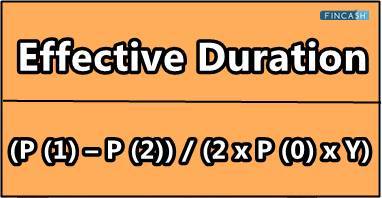Hamptons Effect
What is the Hamptons Effect?
The Hamptons Effect is referred to the trading dip that takes place just before the weekend of the Labor Day; followed by an increased trading volume since investors and traders return from their long weekend.

This term demonstrates the notion that several of the large-scale traders on Wall Street spend the last few days of the summer season in Hamptons, which is a traditional summer destination for the elites of the New York City.
The Hamptons Effect’s increased trading volume could have a positive impact only if there is a Rally as Portfolio managers place their trades to firm up the entire return toward the year-end. On the contrary, the impact could be negative in case the portfolio managers take profits instead of adding to or opening their positions.
This one is also a calendar effect that is based on the combination of anecdotal evidence and statistical analysis.
The Hamptons Effect’s Statistical Case
The Hamptons Effect’s statistical case is stronger for certain sectors in comparison to others. With the help of a Market-wide measure, like the Standard & Poor’s 500, this effect gets characterized by higher Volatility with a positive impact based on the period that is used.
But it is also possible to make use of sector-level data and come up with a case that showcases that a specific stock profile is favoured after the long weekend. For instance, the case could be made that defensive stocks that perform consistent as that of utility stocks and food stocks, get favoured as the year-end comes up and thus, they get advantages from the Hamptons Effect.
Talk to our investment specialist
Opportunities for Trading
As it is with any other market effect, figuring out a pattern and profiting from that pattern are two distinct aspects. Evaluating a set of data will always reveal such interesting patterns and trends as the shift in the parameters.
Basically, the Hamptons Effect can definitely be interpreted from market data when adjustments and alterations are made to that type of stock and the period. The question here is whether or not the effect is massive enough to create a viable performance advantage after spreads, Taxes and fees are regarded.
For an investor working individually, the result could often be on the negative side for market irregularities. The Hamptons Effect and other relevant irregularities that can be decoded from data are quite interesting findings; however, their value in the form of an investment strategy could not be substantial for the average investor.
All efforts have been made to ensure the information provided here is accurate. However, no guarantees are made regarding correctness of data. Please verify with scheme information document before making any investment.












